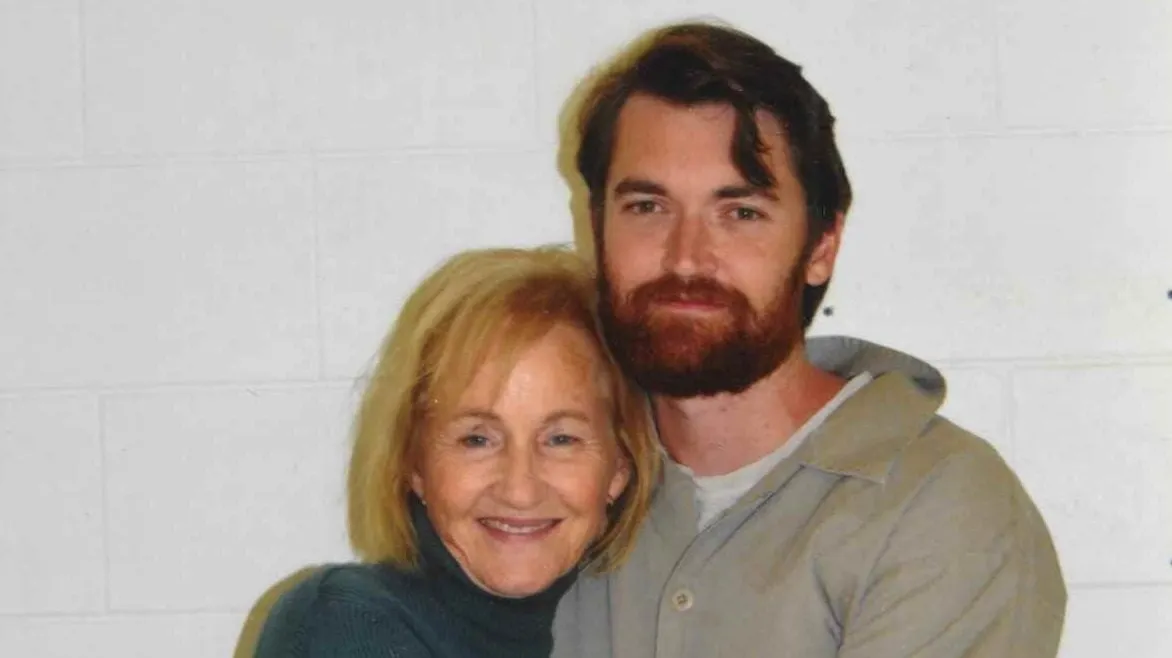You may have heard of Ross Ulbricht and how President Donald Trump just pardoned him.
But who is he, and what’s it got to do with Bitcoin?
For years, the crypto community had been calling for Ulbricht to be freed after a judge in 2015 sentenced him to life in prison.
Who’s Ross?
Ross William Ulbricht, 40, grew up in Austin, Texas, and studied physics at the University of Texas before later getting a Master's in material science at Pennsylvania State University, according to his website’s bio.
He is described as having an early interest in “liberty, privacy, and free markets,” which later led him to discover Bitcoin.
However, according to Ulbricht, he was also passionate about individual liberties, leading him to create a website called Silk Road.
What was Silk Road?
Silk Road was an online marketplace that could only be accessed via Tor—an anonymous web browser. The idea was that users could buy stuff anonymously and have it delivered—a bit like Amazon—but with no signup details needed to use the website.
But Silk Road wasn’t just any e-commerce website—it sold goods that one couldn’t find with a simple Google search.
Customers could search the website for anything from heroin and cocaine to all different kinds of strains of cannabis and have them delivered straight to their door.
The site became synonymous with the “dark web” and everything that detractors thought was wrong with it.
After running the website for years, The Feds in 2013 caught Ulbricht—who used the alias Dread Pirate Roberts when running the website—in a San Francisco library.
He went on to spend the next two years in jail before getting hit with two life sentences plus 40 years for seven charges, including distributing narcotics, engaging in a continuing criminal enterprise, conspiring to commit computer hacking, and conspiring to commit money laundering.
Preet Bharara, U.S. Attorney for the Southern District of New York, said at the time that Ulbricht was “a drug dealer and criminal profiteer who exploited people’s addictions and contributed to the deaths of at least six young people” when he was jailed in 2015.
Perhaps most interestingly, authorities also seized 173,991 Bitcoins in connection with the site, which was worth over $33.6 million back then. (That stash is now valued at a lot more—over $18 billion—and is still in the hands of the Feds.)
It was the most significant Bitcoin seizure by the U.S. government in history.
Crypto community interest and President Trump’s pardon
To use Silk Road, customers could pay using Bitcoin—and Bitcoin only. The digital coin’s pseudonymous nature (where transactions are linked to wallet addresses made up of numbers and letters rather than names) was well suited for buying illegal goods.
To this day, despite the illegality of the Silk Road case, the crypto community argues that Silk Road was a perfect use case of the orange coin’s flawless free market technology: a permissionless, censorship-resistant way of buying things on the web.
For that reason, the Ulbricht case grabbed the attention of Bitcoin enthusiasts and OGs, from Roger “Bitcoin Jesus” Ver and Strike CEO Jack Mallers to Senator Rand Paul.
Ulbricht has talked extensively about Bitcoin—even behind bars.
“Today, I take inspiration from Bitcoin. I will keep going, day by day, just taking the next step over and over. I will keep adding the next block,” he wrote in one 2022 post.
Dear Ross,
All of us at Kraken want to make sure that after what you've been through, you're able to land on your feet with the support of the community that loves you most, the ₿itcoin community.
That's why we've donated $111,111 in $BTC to YOU
-Kraken pic.twitter.com/SCnZety71W
— Kraken Exchange (@krakenfx) January 22, 2025
During President Donald Trump’s campaign, the commander-in-chief promised to help the digital asset industry—including pledging to let Ulbricht free.
It is a possible move to keep the crypto donations coming, or maybe for personal reasons.
Following Ulbricht’s unconditional pardon in January, Trump claimed the “scum” that locked up Ulbricht was the same “lunatics” that went after himself, hinting at the multiple criminal and civil cases filed against the then former president following the end of his first term.
Still, whatever the motive, the industry will likely be thanking the Republican leader for years to come.
Edited by Sebastian Sinclair

